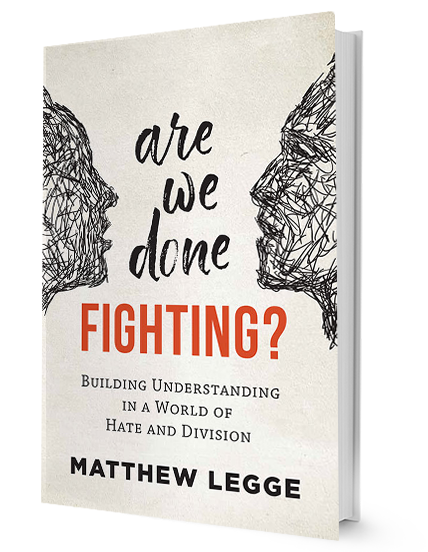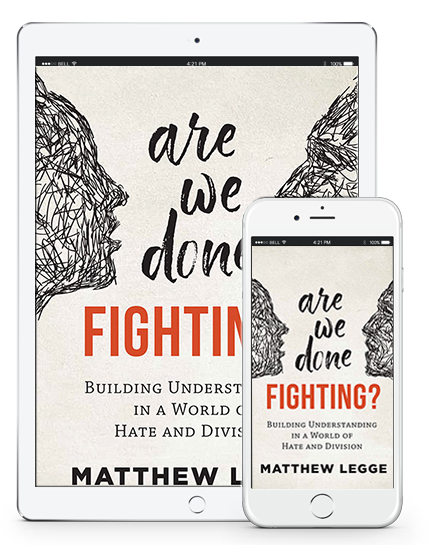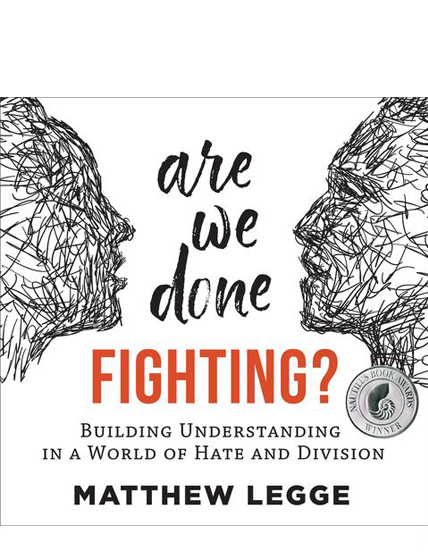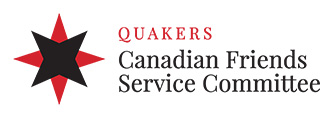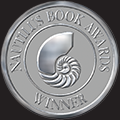

4.3 out of 5 — readers on GoodReads.com

Are We Done Fighting? is brimming with the latest research, practical activities, and inspirational stories of success for cultivating inner change and spreading peace at the community level and beyond.
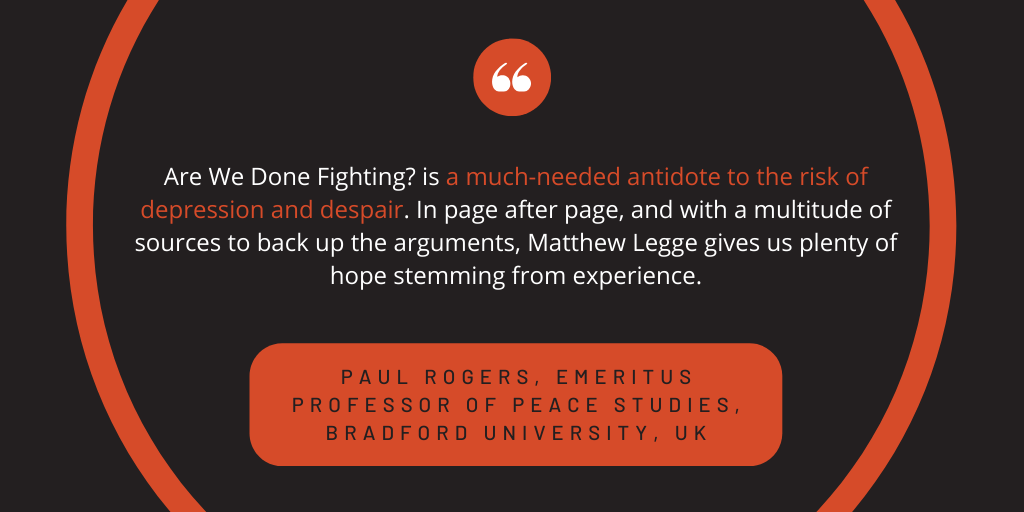
Finally understand...


Why we hold fast to false beliefs
Get fresh insights into the many factors at play when we believe something. The book acknowledges the incredible challenges and limitations we all face in thinking clearly and carefully, but also provides effective and immediate actions we can take.

Ways to reduce prejudice in ourselves & others
Drawing on the newest understandings from neuroscience as well as more classic evidence, many useful insights collectively show us how to approach situations of exclusion and prejudice differently, to begin to transform ourselves and those we're in contact with.

When punishment works & when it doesn't
We often believe that our powers work only if they're backed up by punishments or physical force. The book explores evidence from parenting to the work place to show what punishment is likely to achieve and what it isn't.

Why we act against our own best interests
Discover what makes us support policies that are bad for us, why we act in ways that make us feel worse, and how we decrease our own security. You'll also learn the surprisingly effective methods to counteract these self-destructive tendencies, and help other people notice and counter-act them too.
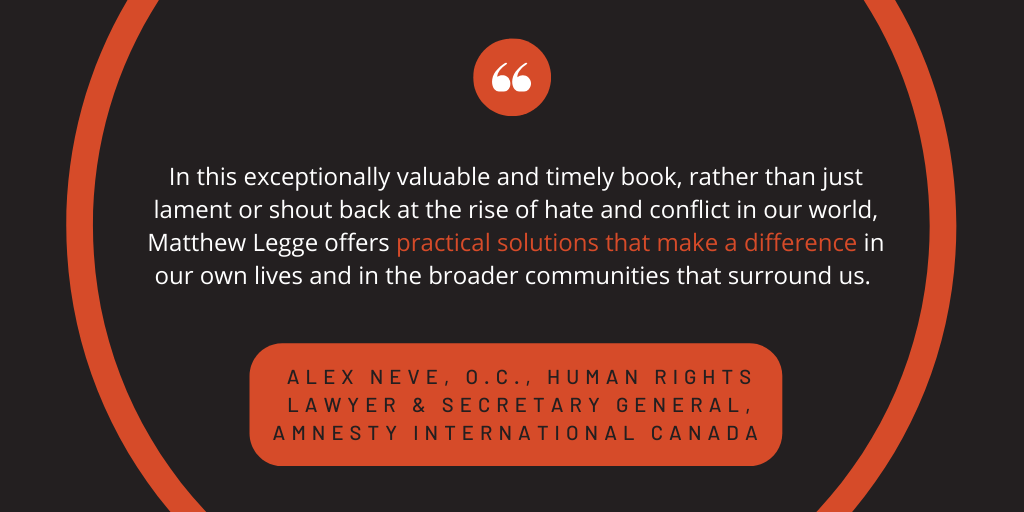
1 Minute Video Trailer
The Author

Matthew Legge is passionate about making communication honest, simple, and accessible.
He’s worked in the nonprofit sector since 2006, with a focus on building health, dignity, and human rights. He’s supported locally-led peace initiatives in North America, Latin America, the Caribbean, Africa, the Middle East, and Asia.
Since 2012, Matthew has worked for Canadian Friends Service Committee (CFSC), the peace and social justice agency of Quakers in Canada. Quakers are widely respected for their efforts to prevent war and transform conflicts, as well as their impartial support for war victims.
Matthew has had the opportunity to learn from Quakers across Canada and in the US, Europe, and Africa. Are We Done Fighting? is written for a general audience as part of Matthew’s work for CFSC, and proceeds go toward CFSC’s peace and justice work.
Matthew’s fascination with how diverse cultures organize themselves to address different challenges led him to get a degree in Anthropology from the University of Toronto. This is his first book. He writes the popular blog Are We Done Fighting? for Psychology Today.
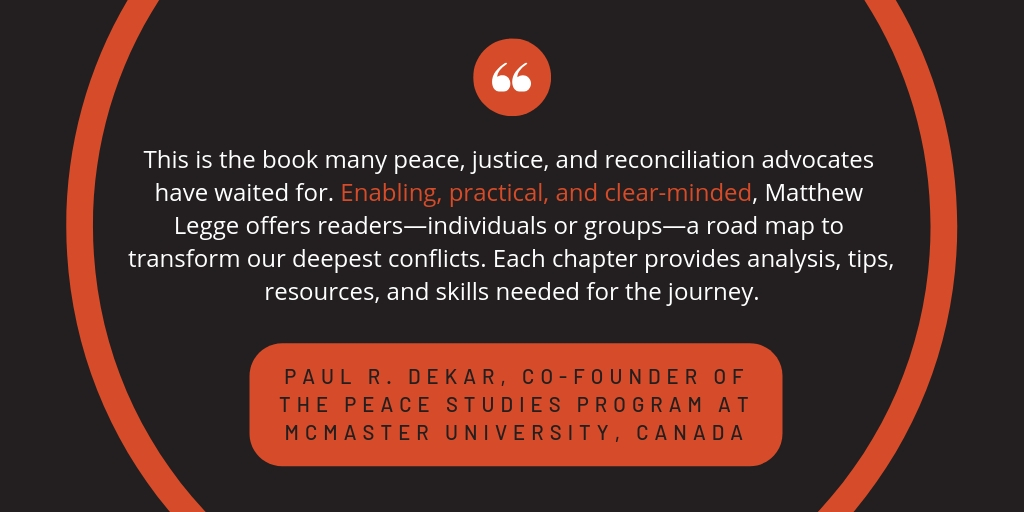
"What if there was something powerful you could do right now, today, that would impact not only your own life, but your whole community? What if others were already using skills and knowledge that you’d never heard much about, but that could be genuinely transformative?"
— Are We Done Fighting?

This is a book about thriving.
Packed with inspiration and cutting-edge findings from fields like neuroscience, social psychology, and behavioural economics, Are We Done Fighting? is an essential toolkit for anyone working to build dialogue, understanding, and peace as the antidote to the politics of hate and division.
Gain new skills
Activities throughout the book help you put the learning into practice – either on your own or with a group. Experience the concepts you’re picking up and learn how to translate them into real world action.
Understand yourself & others in more realistic ways
Peaceful relationships aren’t just about being reasonable or taking the “high road.” You’ll learn all about the irrational biases that affect our thoughts and behaviors, start spotting them in yourself and others, and learn proven ways to motivate positive changes.
Practice the secrets to better communication
Develop your abilities in effective listening, understanding where others might be coming from, and communicating so that your needs can actually be met.
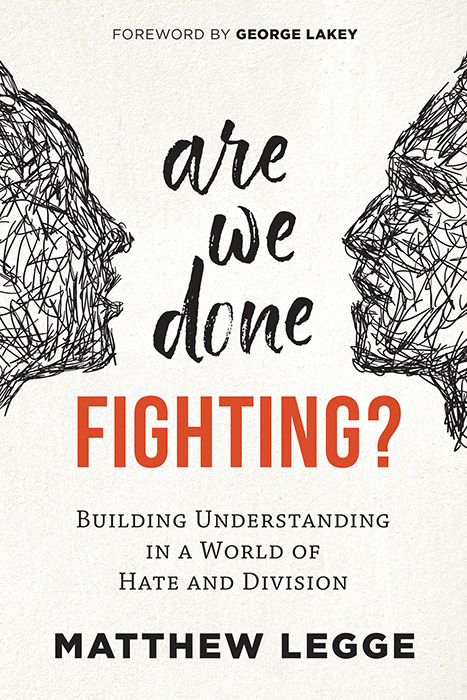
Recognize conflict styles & the dynamics at play
Discover straightforward and illuminating ways to analyze and understand conflicts, as well as the many ways that successful conflict transformation happens without rigid conflict management tools.
Learn how to intervene & address bigotry & hate
Explore and experience effective practices for stepping in during escalating conflicts. Gain the confidence to stop being a bystander and live out your values, even in high pressure situations.
Keep it complex
While being easy to understand, Are We Done Fighting? doesn’t cut-corners or claim that there’s only one principal cause to complex and evolving problems. It offers many options and let’s you choose which ones work for you.
This transformative book presents a refreshing and innovative exploration of how to visualize and actualize peace in global society, in our families and relationships, and in our own minds.
A fresh, studious and very readable book on how to live peace in today’s chaotic world. Matthew Legge’s helpful hints for individual or group action are in the best Quaker tradition.
Along with many others, I owe a debt to Matthew Legge for expanding in lucid and heartfelt prose our knowledge of nonviolence and peacemaking whether we apply it in our personal, spiritual or political lives.
I recommend this extremely inspirational, accessible study book with its extensive practical exercises. I love the way it accepts that peace is possible, so in an interdependent world, it is everyone’s responsibility to create positive change that fosters sustainable peace.
Get a free chapter!
Just enter your email to receive a free chapter. Easy as that.
This chapter will give you a taste of why Are We Done Fighting? is such an informative and useful read. It focuses on beliefs. You’ll discover new insights into why we believe what we do. You may never engage in an argument the same way again.
What this book is not :
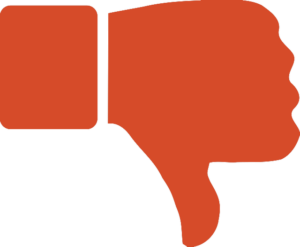

Utopian
The book focuses on what we can do and what's possible without making abstract or grand claims. If you're a skeptic this book is for you. (Idealists—you'll find it inspiring too!)
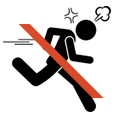
Ignorant of human nature
In fact, the book exposes, with a fascinating range of findings, just how many of our beliefs about human nature are based on false or exaggerated assumptions.

Just opinions
Written in an easily accessible way, every point made is still based on a careful examination of the evidence. Hundreds of citations are included for anyone who's interested.

Impractical
The book is designed to help you take what you're reading out into the world. It's not always going to be easy, but Are We Done Fighting? makes it as easy as possible.
This volume is desperately needed to help reduce fighting (and infighting) and to spur cooperation, no matter how dire the problem. Not only do I love this book, but I also eagerly await the next volume by this wise, creative, generous author-educator for peace.
Matthew Legge has given us a considerable gift.
This book details how to motivate people to be at their best, with a focus on what we can do as individuals to address violence and hatred. While simple to understand, it has far-reaching implications for social justice, human rights, peace, and global stability. In short, Are We Done Fighting? offers serious contributions on issues that matter to all of us today.
No, we are not done fighting, but we can fight in a better way. This book tells you how.
Speaking & Workshops
Are We Done Fighting? includes activities you can do with your book club, school group, faith community… The book even has an appendix on how to facilitate workshops. But if you’d like help, feel free to be in touch to discuss Matt being part of your event, either to give a brief presentation or facilitate a longer workshop.
You can also join a free online workshop series to discuss the issues and do activities from the book.
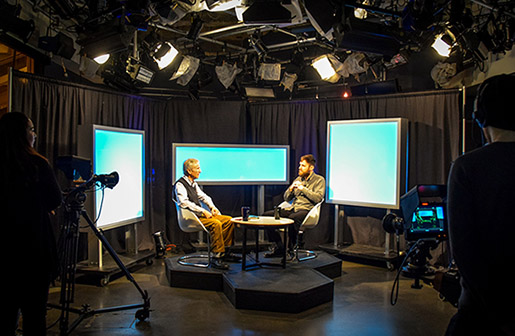
I read this book too fast, and it finished too soon. I will read it again and savour every word, every surprising insight, every amazing bit of evidence that tells me I need to change my thinking. I will keep highlighting portions and I will wear it out.
Are We Done Fighting? is an invaluable contribution to the ongoing quest to ensure peace making rather than violence is utilised to resolve conflicts, be they between individuals, groups or nations. Legge’s book draws on examples and lived experience from around the world to provide practical and intellectually robust strategies for living and making peace.
